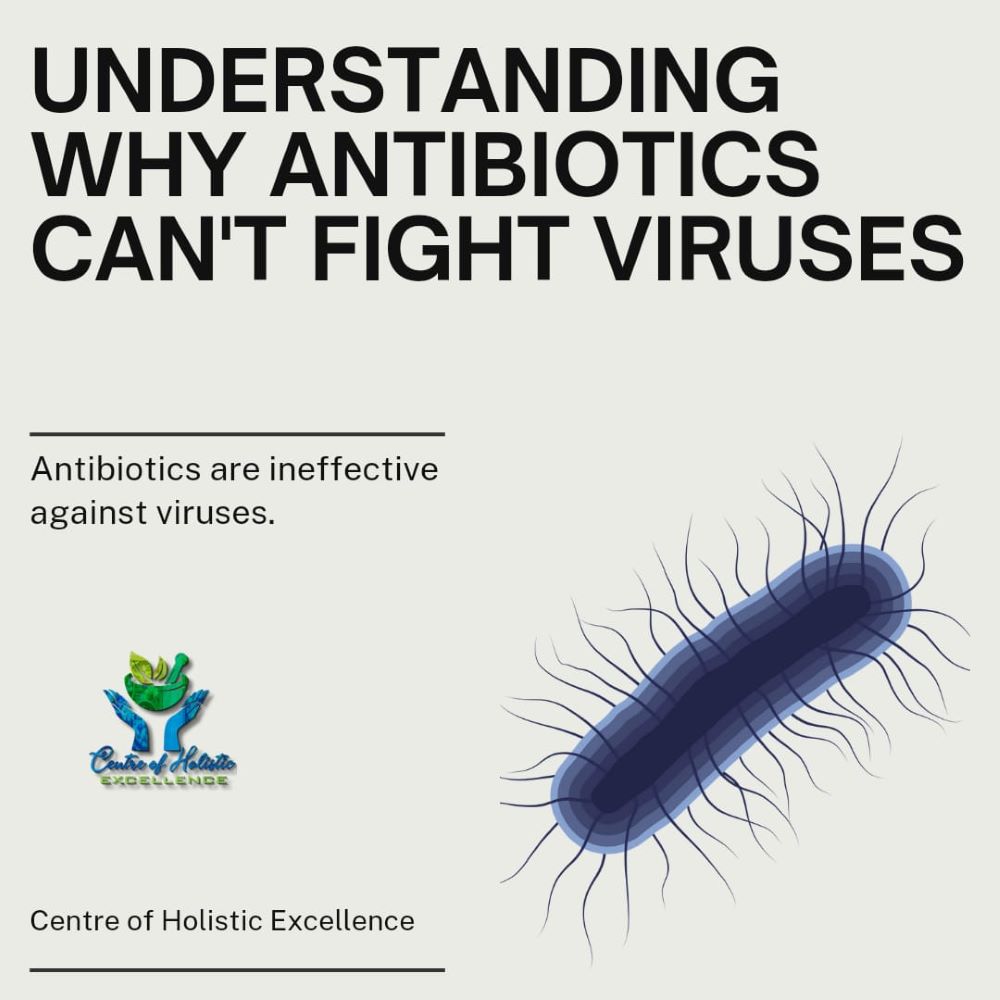
Antibiotics are powerful medications designed to kill or inhibit the growth of bacteria. They have saved countless lives since their discovery, effectively treating a variety of bacterial infections. However, their use is specific to bacterial infections, and they do not work against viruses. Here’s why using antibiotics for viral infections is not only ineffective but can also cause more harm than good:
Why Antibiotics Are Ineffective Against Viruses
Harmful Effects of Misusing Antibiotics
The Benefits of Using TCM Formulas, IV Supplements, and Acupuncture
In summary, while antibiotics are ineffective against viral infections and can lead to harmful side effects and antibiotic resistance, alternative approaches like TCM formulas, IV supplements, and acupuncture offer natural and effective ways to support the immune system and promote healing. Embrace these holistic methods to keep yourself and your family healthy, especially during flu season.
Quick links
Help & Info
Working Hours
08h00 to 16h00 Monday to Friday
08h00 to 11h00 Saturday
Contact Us